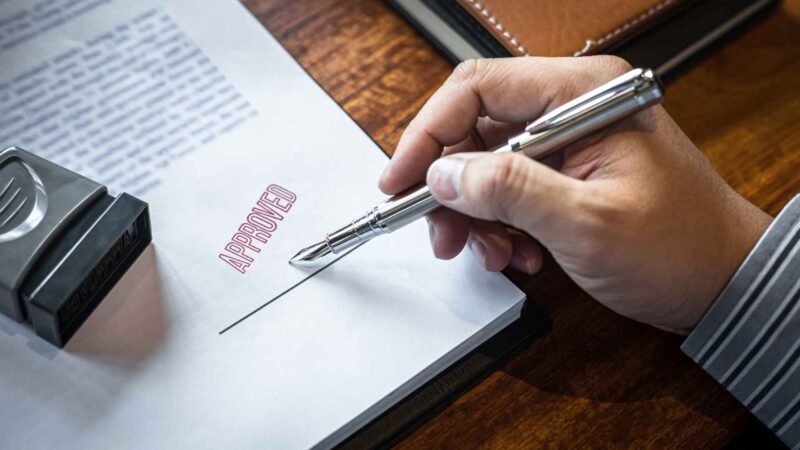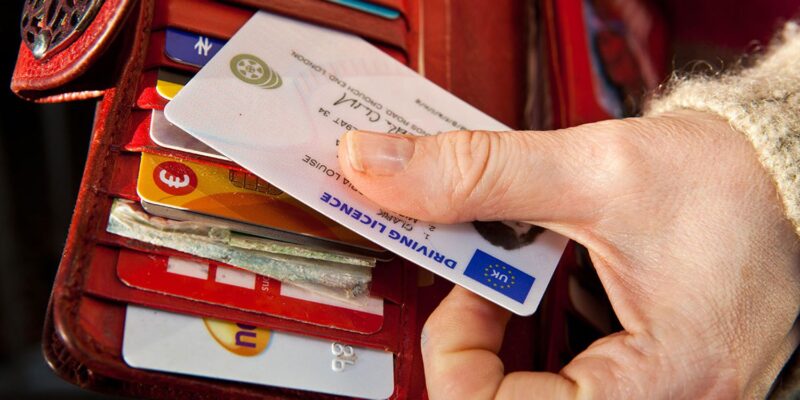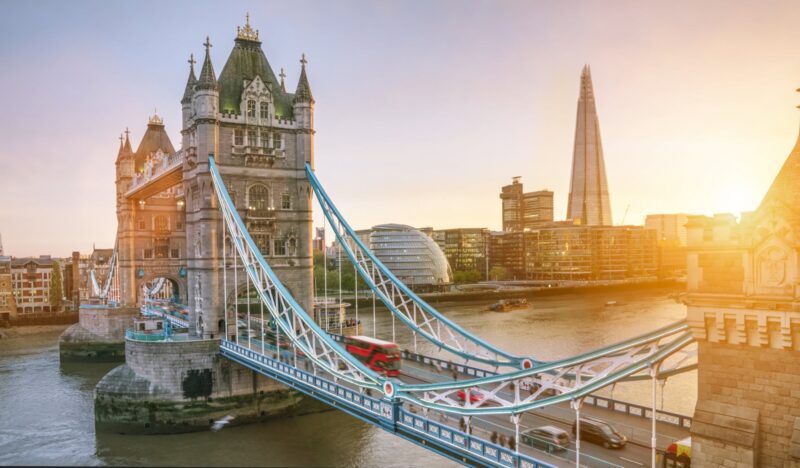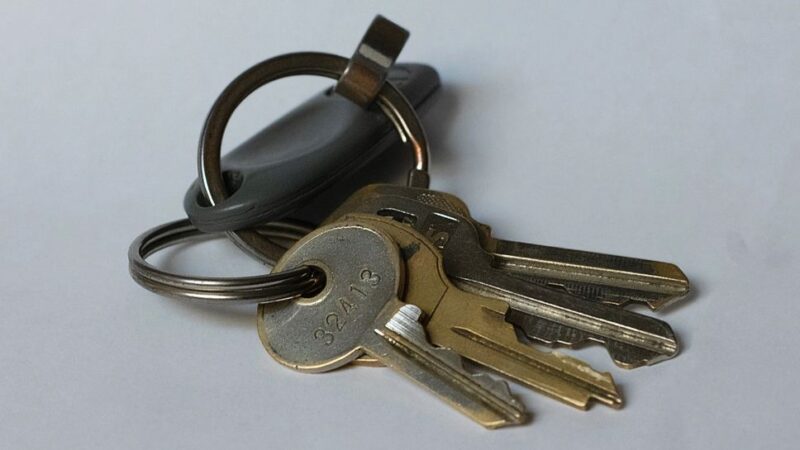In the UK, a Sponsorship License is a pivotal tool for employers seeking to hire foreign nationals. This legal document allows businesses to sponsor non-EEA nationals under Tier 2 and Tier 5 visas, playing a crucial role in the global mobility of the workforce.
Understanding the nuances of its validity, including its duration, conditions, and the implications of non-compliance, is vital for employers. This comprehensive guide aims to demystify the complexities surrounding the Sponsorship License’s validity, offering valuable insights into its lifecycle, from initial application to renewal and potential challenges faced along the way.
Understanding the Initial Validity Period
The initial validity of a UK Sponsorship License spans four years, marking a significant period for businesses to legally sponsor non-EEA nationals. This timeframe is governed by stringent compliance requirements set by the UK Home Office.
Adhering to these rules is not just about following legal protocols but also about ensuring ethical employment practices. During this period, employers must understand their responsibilities, including the maintenance of accurate records, adhering to the terms of the sponsorship, and ensuring that the roles filled by foreign nationals are in line with the UK’s employment standards.
Extending Your Sponsorship License

Approaching the end of the initial four-year term, employers can seek an extension of their Sponsorship License. This critical juncture requires demonstrating a track record of compliance with UK immigration laws. The extension, typically granted for another four years, allows businesses to continue their global talent acquisition.
The application process demands meticulous preparation, including a review of all employment records, ensuring all previously sponsored employees are legally eligible, and preparing for potential audits. Timely application is crucial to avoid lapses in sponsorship capabilities and to achieve that please contact Imperial & Legal.
The Role of Compliance in License Renewal
The renewal of a Sponsorship License hinges heavily on an employer’s compliance record. The UK Home Office requires proof of ongoing adherence to immigration rules, including accurate and timely record-keeping, prompt reporting of significant changes in sponsored employees’ circumstances, and ensuring that the roles filled by these employees continue to meet the UK’s labor market standards.
Non-compliance can lead to severe consequences, including revocation of the license. Employers must conduct regular internal audits, stay updated on changes in immigration law, and possibly seek legal counsel to ensure full compliance.
Sponsorship License Validity for Tier 2 and Tier 5

Sponsorship Licenses cover two main categories: Tier 2 for skilled long-term employment and Tier 5 for temporary workers. While the validity of the license remains consistent across both tiers, the specific requirements and conditions vary significantly.
Employers need to be acutely aware of these differences to ensure proper management of their sponsored employees. For instance, the type of roles, salary thresholds, and duration of employment permitted under each tier have distinct guidelines that must be meticulously followed to maintain the validity of the license.
Sponsorship License Validity for Intra-Company Transfers
For multinational companies, the Intra-Company Transfer (ICT) License allows the transfer of key personnel to the UK. This license type aligns with the general Sponsorship License in terms of validity period but carries its own set of unique requirements.
Companies must demonstrate the essential nature of the transferred employees and their prior engagement with the company, often requiring detailed documentation and a clear demonstration of the employee’s role and importance within the company’s global operations.
Changes in Your Organization and License Validity

Any significant organizational changes, such as mergers, acquisitions, or restructuring, can impact the validity of a Sponsorship License. It’s imperative for employers to promptly report these changes to the UK Home Office to avoid jeopardizing their licenses.
This includes informing about changes in company ownership, location, or the nature of the business. Failure to report these changes can be construed as non-compliance, leading to the revocation of the license and impacting the company’s ability to sponsor foreign nationals.
Consequences of an Expired Sponsorship License
The expiration of a Sponsorship License carries substantial implications. It directly affects the employer’s ability to legally sponsor new and existing foreign employees. For employees, it may mean losing their legal status to work and reside in the UK.
The company also risks facing legal penalties and damage to its reputation. This makes timely renewal applications critical, coupled with ensuring that all compliance requirements are continuously met to avoid the risk of expiration.
Applying for a New Sponsorship License
In cases where a Sponsorship License expires or is revoked, employers must navigate the process of applying for a new license. This process is akin to the initial application but often requires additional proof of compliance and rectification of any previous issues.
It’s an opportunity for businesses to reassess their sponsorship practices, ensuring they meet the evolving requirements of UK immigration law and uphold the standards necessary for successful application approval.
Maintaining Compliance Throughout the Validity Period
Maintaining compliance is a continuous commitment throughout the Sponsorship License’s validity. Employers must remain vigilant in adhering to immigration laws, regularly updating their records, and reporting any significant changes in their organization or sponsored employees’ status.
Regular internal audits, staying informed of legal changes, and possibly engaging with immigration specialists are proactive strategies to ensure uninterrupted sponsorship capabilities and legal compliance.
Frequently Asked Questions About Sponsorship License Validity

How long before the expiration of a Sponsorship License should an employer apply for renewal? – Ideally, employers should start the renewal process at least six months before the expiration date. This timeframe allows for any unforeseen delays or additional documentation requirements.
Can a Sponsorship License be revoked before its expiration? – Yes, licenses can be revoked if the employer fails to comply with immigration laws, such as failing to report significant changes or employing ineligible workers.
Are there different compliance requirements for Tier 2 and Tier 5 Sponsorship Licenses? – While the overarching compliance requirements are similar, there are specific conditions and requirements unique to each tier that employers must adhere to.
Conclusion: Ensuring the Longevity of Your Sponsorship License
Navigating the complexities of a UK Sponsorship License requires diligence, compliance, and an understanding of the changing landscape of immigration law. Employers must be proactive in maintaining their licenses, ensuring they remain a viable avenue for attracting global talent.
By adhering to the guidelines, staying informed, and seeking expert advice when necessary, businesses can ensure the longevity and effectiveness of their Sponsorship License, contributing to their strategic growth and global competitiveness.














